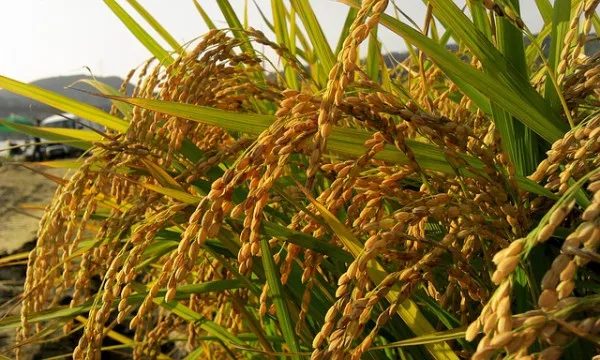Korean President Yoon Suk-yeol’s recent veto of the Grain Management Law, passed by the Democratic Party of Korea, has drawn concern from the country’s farming community. The legislation would require the government to buy surplus rice from farmers when market prices fall below a certain threshold or when surplus production surpasses a specified limit.
The Grain Management Law has its roots in South Korea’s history of agricultural policy, dating back to the 1960s and 1970s when the country focused on achieving self-sufficiency in rice production. Over time, various policies have been implemented to stabilize rice prices and support farmers, but many have faced challenges in addressing the modern issues of overproduction and market fluctuations.
Farmers, who see the law as a way to ensure stability and support for their livelihoods, have met the veto with mixed reactions. The Korean Peasant League, one of the largest farming groups in the country, has criticized the president’s decision, arguing that it will harm farmers’ incomes and further destabilize the agricultural sector.
Introduced in response to rice overproduction that has led to declining market prices and farmers’ income, the Grain Management Law aimed to stabilize the market price and guarantee fair compensation for farmers. The legislation was considered a vital step toward securing the stability and sustainability of the Korean agricultural sector.
Farmers contend that the veto sends a negative message to a farming community already grappling with low income and insufficient government support. A survey by the National Federation of Farmers’ Associations revealed that the average income for Korean farmers in 2020 was just over 25 million won ($21,700 USD), less than half the average income in other industries.
The Korean Peasant League has called for a reconsideration of the Grain Management Law, asserting that it is an essential tool for farmers to maintain their livelihoods and contribute to the nation’s food security. They claim that the veto demonstrates a lack of comprehension of the challenges farmers face and the significance of agricultural sustainability.
While the future of the Grain Management Law remains uncertain, Korean farmers’ concerns over the veto underscore the importance of prioritizing the needs and livelihoods of farmers when developing agricultural policies. In light of the history and evolving challenges in the agricultural sector, policymakers must consider the long-term implications of their decisions and work to create comprehensive strategies that support farmers and ensure food security for the nation.



